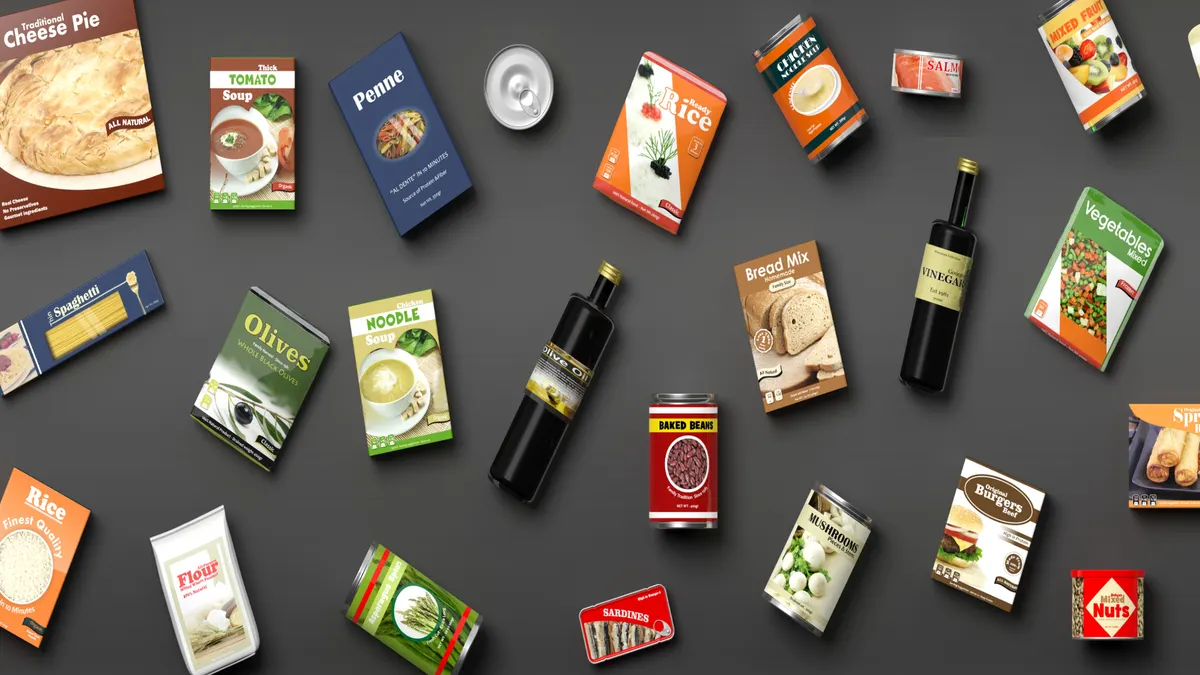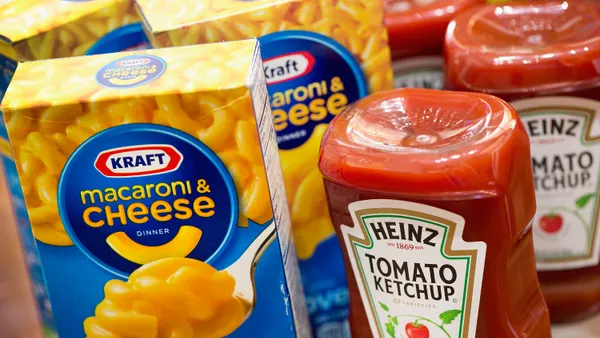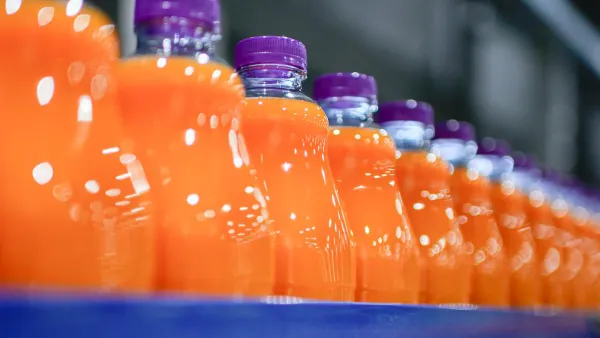Dive Brief:
- The Food Marketing Institute introduced a new subscription-based online community that will offer education, access to investors and mentoring for emerging food and beverage brands. FMI says the Emerge program will help connect smaller food companies and their product lines to grocers.
- The main objective is to give brands the commerce boost they need to grow revenue, increase sales velocity and secure more shelf space. This is especially important as consumers increasingly look for unique products that are sourced locally, contribute to health and wellness, and represent artisanal and global cuisine, FMI said in the statement announcing the program.
- The Emerge community includes regional and national retailers, educators, business leaders and industry experts. Ideally, Emerge subscribers will have already launched a product or product line with retail distribution of some sort, such as through an independent grocer, e-commerce or as specialty or regional retailer.
Dive Insight:
Consumer demands are changing, and FMI’s virtual incubator could be a smart way to connect grocers with the unique items today’s millennial customers prefer to buy, but may not be likely to find at retail giants such as Walmart.
Sales of natural products have doubled in the last decade to $130 million and drive nearly twice as much growth as health and wellness products, which are the second-leading sales contributor in retail, FMI points out in its release. Retailers expect these trends — as well as demand for low prices and fresh and less-processed goods — to continue. Because it is often small companies that produce these specialized items, gathering stakeholders in one online community makes sense.
Increasingly, big food companies are creating venture capital arms and investing money and other resources into startups whose ideas might eventually find their way into the larger firm's portfolio. General Mills, Hain Celestial, Danone, Tyson and Kellogg are just some of the major brands that have taken part in the trend. Other companies — including Chobani, Land O'Lakes, Ingredion and Kraft Heinz — have created incubators to foster innovation both in their own areas of expertise and new categories.
FMI’s initiative works to give new product lines a direct link to retailers without waiting for a big food company to take interest in their emerging business. This should give many small food producers a chance to scale their products beyond local farmers markets and nearby independent stores. The program puts smaller companies on the radar of regional or national retailers and investors, without requiring travel to a trade show or endless meetings.
Despite consumer demand for their products, this isn’t an easy time for emerging local producers. This initiative comes at a time that it could bring a pronounced benefit to small manufacturers. Whole Foods had been known for local and decentralized suppliers — making it a relatively easy way for emerging products to break into retail — but it introduced a new policy that centralized buying and pricing of non-perishable items to its Austin central office before it was bought by Amazon. Small companies have been scrambling to find new angles to get into stores and to make their products stand out.
FMI clearly recognizes consumer demand for new flavors and products. Their efforts to pull food producers, educators, investors and retailers together can only be a good thing. It will be interesting to see if this effort ultimately ends with more diversity on grocery store shelves.













